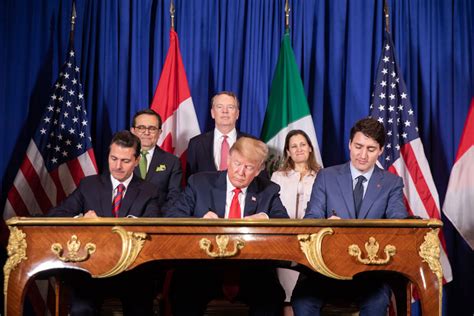In the bustling realm of Latin American politics, economics, technology, and culture, 2024 was a year filled with significant events and revelations. Let’s dive deep into the tapestry of this dynamic region to uncover the stories that shaped its narrative.
Trade Triumphs: EU-Mercosur Deal
At the heart of geopolitical maneuvers in Latin America lay a monumental achievement—the long-awaited trade deal between Mercosur and the European Union. This historic agreement marked a pivotal moment after 25 years of negotiations, heralding the creation of one of the world’s largest free trade zones.
The journey towards this pact was rife with challenges and triumphs. From Ursula von der Leyen’s strategic visit to Uruguay for the final seal to overcoming internal dissonance within South American nations like Argentina under President Javier Milei—whose initial skepticism gave way to support—the path to unity was arduous but rewarding.
Expert Insight: “The EU-Mercosur deal not only promotes economic growth but also paves the way for strategic cooperation amidst global power struggles,” shared an advisor to former EU foreign-policy chief Josep Borrell.
A Unified Front in Venezuela
Shifting our gaze towards Venezuela, 2024 witnessed a remarkable transformation within its political landscape. The unification of opposition forces dealt a significant blow to President Nicolás Maduro’s regime during July elections. Through coalition building and international dialogue, Venezuela saw a semblance of competitive democracy emerge.
Despite contested election results favoring Maduro, meticulous data analysis revealed compelling evidence supporting opposition candidate Edmundo González’s victory—a move that resonated both domestically and internationally. While Maduro clings to power amid mounting criticism, González seeks refuge abroad—a narrative emblematic of Venezuela’s enduring struggle for democratic governance.
Mexico’s Political Landscape Shifts
In Mexico, winds of change swept through as Morena secured a landslide victory in June’s presidential election. Claudia Sheinbaum’s ascendancy as Mexico’s first female president underscored not just electoral success but also highlighted broader implications on gender parity policies embedded in Mexican governance structures.
Morena’s strategic focus on pro-poor initiatives defied global trends while challenging conventional political paradigms—an approach that resonated strongly with voters despite contentious policy decisions. As Mexico navigates its domestic landscape against external pressures like tariff threats from neighboring superpowers, Sheinbaum faces both adulation and scrutiny on her path forward.
Economic Resilience Amidst Uncertainty
Latin America’s economic trajectory witnessed notable shifts in 2024—from Brazil’s unexpected GDP growth under President Luiz Inácio Lula da Silva’s fiscal stimulus packages to Argentina emerging from recession post Milei’s polarizing economic reforms. These contrasting narratives encapsulate the region’s resilience amid decades-long stagnation—ushering hope for sustainable recovery strategies.
Balancing act: Amidst competing influences from global giants like the United States and China vying for regional dominance through diverse approaches ranging from infrastructural investments to diplomatic interventions—the economic equilibrium in Latin America hangs delicately against a backdrop of uncertainty and promise.
As we reflect on Latin America’s kaleidoscopic journey through 2024—from trade triumphs to political realignments—one thing remains clear; this vibrant region continues to script narratives that intertwine history with aspirations—a testament to its enduring spirit amidst ever-evolving landscapes.








Leave feedback about this